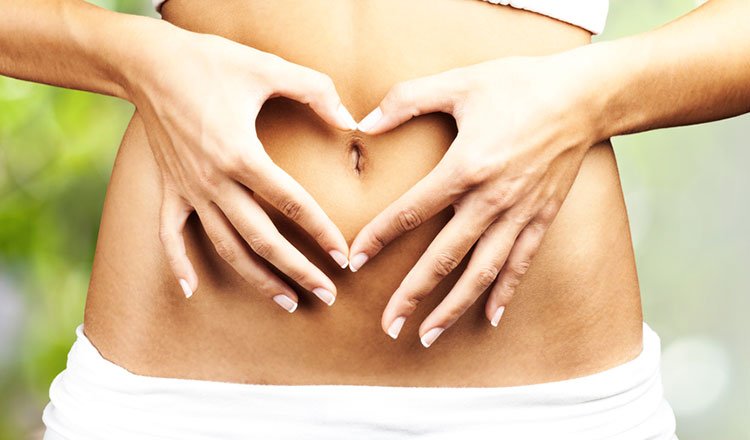Hormones – they’re the silent rulers of just about every major system in the body.
For a class of molecules so pivotal to the way we feel and behave every day, hormones remain something of a mystery to most of us. There are around 50 different hormones in the body and yet we still refer to them collectively and as vaguely as we might say we heard something on ‘the news’.
Enter nutritionist and health writer Michele Chevalley Hedge who, with broadcaster Jennifer Fleming, has authored a new book dedicated not only to demystifying the world of hormones but helping you get them under control with food.
The book, The Australian Healthy Hormone Diet, features real case studies with both men and women, helping the reader draw a link between their own health issues and a potential hormone problem.
Best of all, Michele sets out the same 4-week ‘reset’ food plan she gives to her clients – a plan that she says has helped women have babies, lose weight and bounce back from low moods.
Michelle has a real passion for helping women feel better by balancing their hormones.
We asked Michelle for her tips on eating for better moods and for her thoughts on one of the most disrupting hormonal issues for the women who have it, Polycystic Ovarian Syndrome (PCOS).
You have a huge focus on food and mood- what are the quickest and easiest ways a woman can feel better through diet?
There are many nutritional factors that influence mood. For some people, losing weight improves their mood, but as a nutritionist, mood is about far more than weight loss. When we eat whole, real, nutrient dense food, we avoid mood hijacking hormones. For example, when the thyroid hormone is out of balance, you can feel depressed, anxious and exhausted. The thyroid needs selenium, B vitamins, iodine and more for optimum functioning. These vitamins and minerals are not found processed, packaged, high sugar foods. The happy hormone, serotonin is made in the gut. If your gut is inflamed from hidden sugars, you’re less likely to produce serotonin. Avoid hidden sugars and add probiotic-rich foods such as kimchi or sauerkraut to increase gut flora. Cortisol, the stress hormone, can be activated by drinking caffeine or by eating snacks with excess sugar. And that includes so-called ‘healthy’ snacks. You feel ‘tired but wired’. Eat clean protein, good fats and smart carbs.
What type of woman is a ‘slender ruster’, as you call it, and what are the immediate changes you suggest to get out of this state?
‘Slender rusters’ are people who are slim in appearance but who are oxidating and inflamed on the inside – just like rust. They often have a naturally fast metabolism and can eat whatever they like without putting on weight. But the damage is happening on the inside. A doctor might order blood tests to look at insulin and glucose readings and a ‘slender ruster’ is often surprised when diagnosed as insulin resistant or with markers of inflammation. The solution is to shift to change their eating – to crowd in an abundance of healthy food and to give processed and packaged foods the shove. The 4 week rebalance is a great place to start.
What’s wrong with the normal blood tests a doctor might undertake?
Nutritionists enjoy working with doctors but they often look at blood tests from a different lens. It is always helpful to look at blood pathology. Someone might not be diabetic but in the early stages of insulin issues and a nutritionist will change this pathology through nutrition. You may not have a full-blown disease but changes in nutrition will prevent it from becoming full-blown.
What has been your experience with women with PCOS?
Many women diagnosed with PCOS believe they may never have children. PCOS has many causes including stress and genetics but insulin levels also have a huge impact. There are many ‘slender rusters’ whose fertility is affected by high insulin and cortisol. The good news is that changes in nutrition can rebalance these hormones. You can read the story of my client, Stephanie, who was able to get her hormones back on track through the rebalance plan. She was told she’d never have children, but through nutritional and lifestyle changes, she was able to fall pregnant. There may be a change in the name of PCOS to Metabolic Reproductive Syndrome. The head of the Women’s Public Health Research Program at Monash University believes “The new name needs to enhance the recognition of this major public health issue … and can then lead to greater educational outreach and better public relations.”
Michele Chevalley Hedge is a qualified nutritionist and author of The Australian Healthy Hormone Diet: A 4-week reset to help reduce weight, increase energy and improve mood. Visit www.ahealthyview.com












